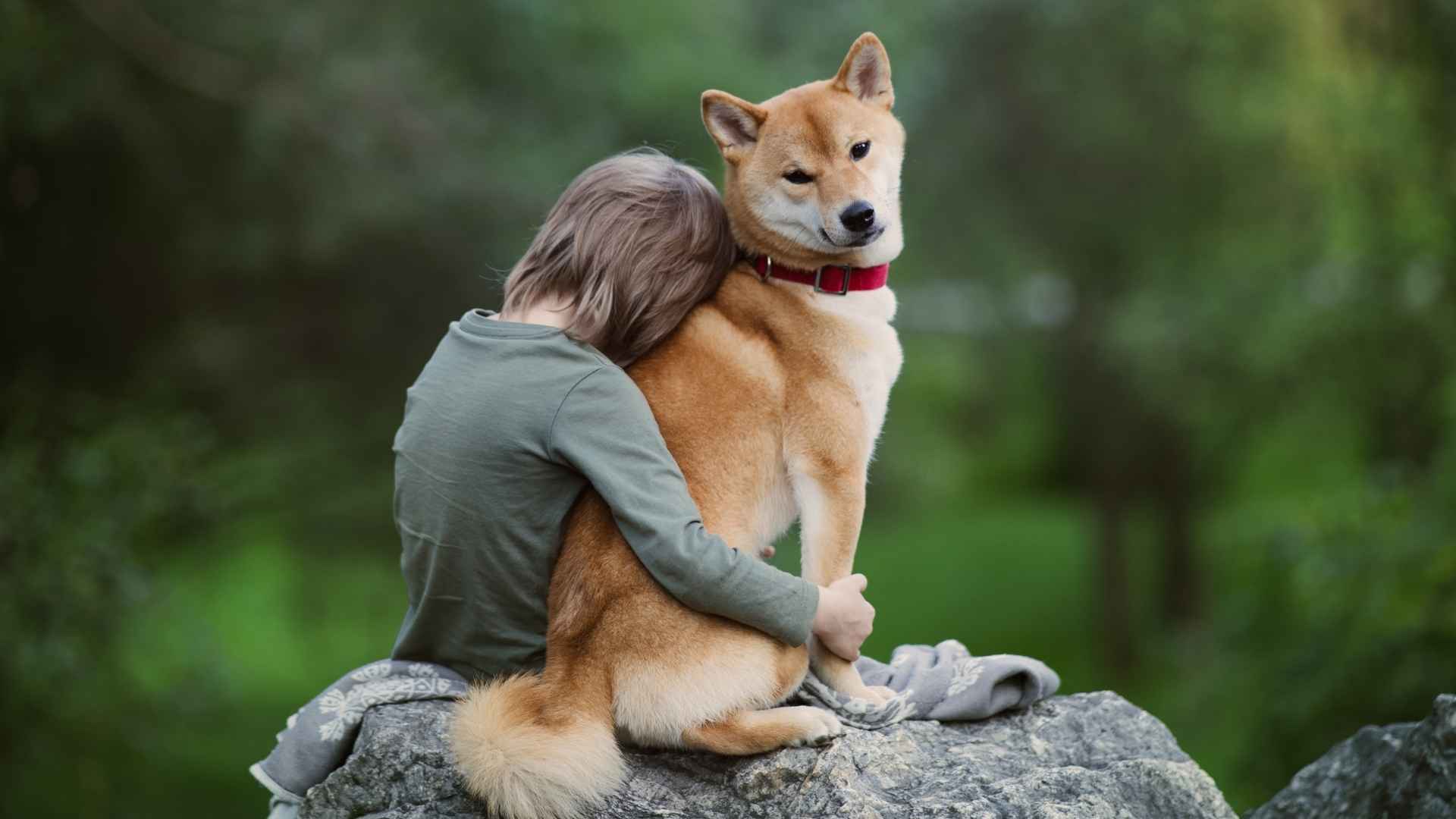Have you felt that mutual understanding when your dog tilts its head just as you sigh? Some breeds are known for forming exceptionally strong emotional connections with their humans—tuned into moods, eager to comfort, and driven by a desire to be close.
These dogs go beyond simple loyalty. They watch your every move, mirror your emotions, and seem to know when you need support. While all dogs bond with their families, these breeds consistently stand out for their empathy, attentiveness, and unwavering devotion.
In this article, we explore seven breeds recognized for their deep bonds with people. You’ll learn why these dogs connect so closely, how that affects training and care, and what kind of owner relationship brings out the best in them. Whether you need a calming presence or a constant cheerleader, these breeds offer more than friendship; they build meaningful companionship.
Dog Breeds That Form The Deepest Bonds With Humans
1. Labrador Retriever

Quick Facts
Size: Medium to large
Weight: 55–80 pounds
Temperament: Outgoing, eager, dependable
The Labrador Retriever consistently ranks among the most popular dog breeds due to its adaptable temperament and genuine affection for people. These dogs naturally gravitate toward human activity and rarely enjoy time spent alone.
Their affectionate nature isn’t just a personality trait; it’s been carefully developed through generations of breeding for fieldwork and human partnership. As per PetMD, Labs are known for forming stable, loyal bonds with all household members.
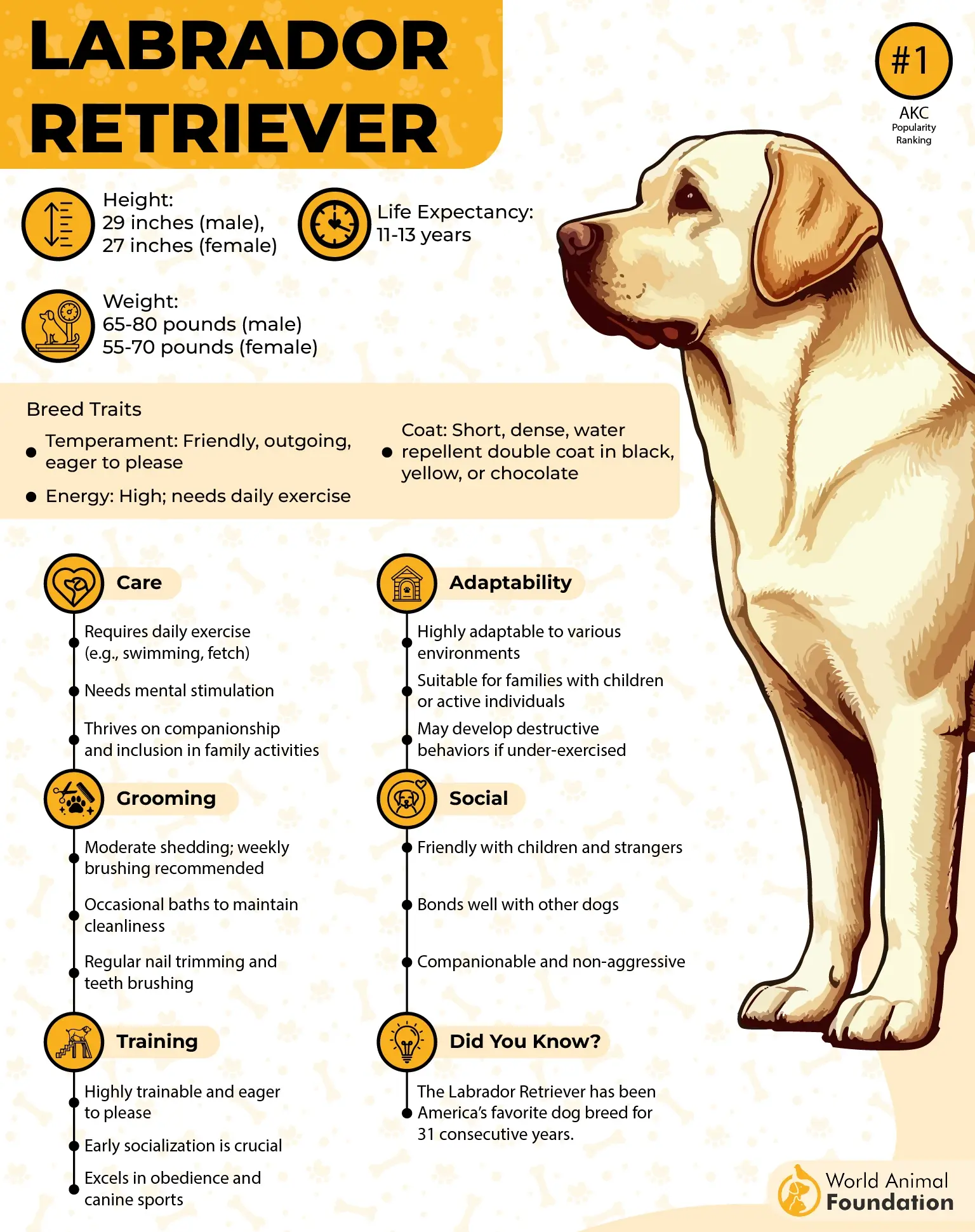
They respond well to verbal praise, physical closeness, and task-based interaction. Repetition, structure, and warmth tend to bring out their emotional sensitivity and eagerness to engage.
This breed often displays an intuitive nature, reading the energy in a room or the mood of its owner with ease. It’s one of the reasons Labs are used so often as therapy dogs and assistance dogs in structured support roles.
Their connection isn’t limited to a single person; they often become fully integrated into the routines and emotions of the entire human family. Their role naturally shifts between playmate, comforter, and attentive shadow.
2. Shiba Inu

Quick Facts
Size: Small to medium
Weight: 17–23 pounds
Temperament: Alert, independent, loyal
Shiba Inus are known for forming strong bonds with a select few, typically one or two people in the household. Their loyalty is intense, though it often comes with a degree of independence that sets them apart from more openly affectionate breeds.
They aren’t lap dogs, but their emotional attachments are deep and lasting. When trust is earned, Shibas show their connection through quiet proximity, eye contact, and attunement to routine.
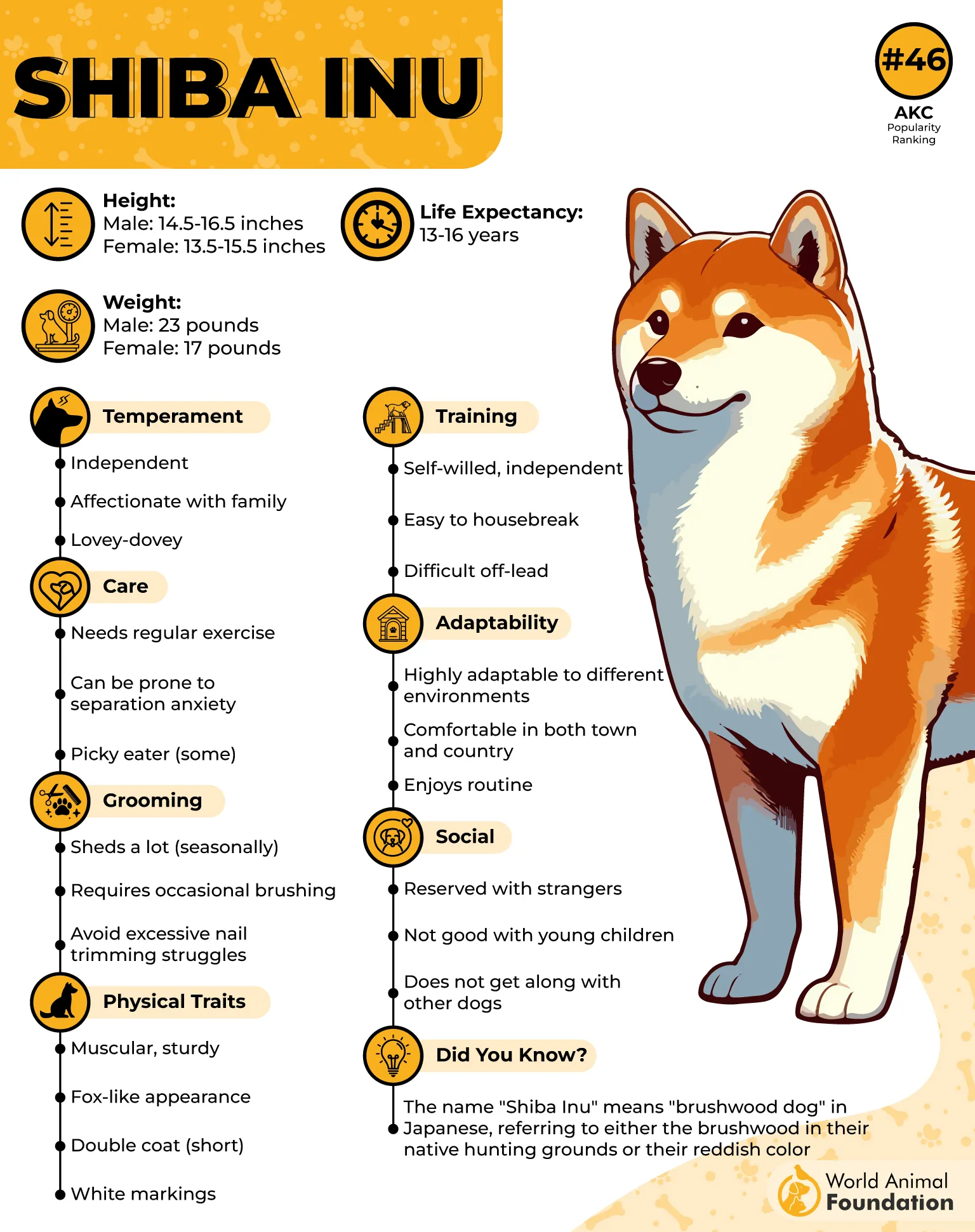
Their keen intelligence and alertness mean they often understand subtle cues, like body language or minor shifts in mood. This silent communication forms the foundation of their unique bond with humans.
The Shiba forms relationships through mutual respect and space. They may not be openly clingy, but they are fiercely aware of their chosen people’s presence.
They are best suited to owners who appreciate emotional depth without needing constant affirmation. Shibas value trust, not over-handling.
3. Golden Retriever
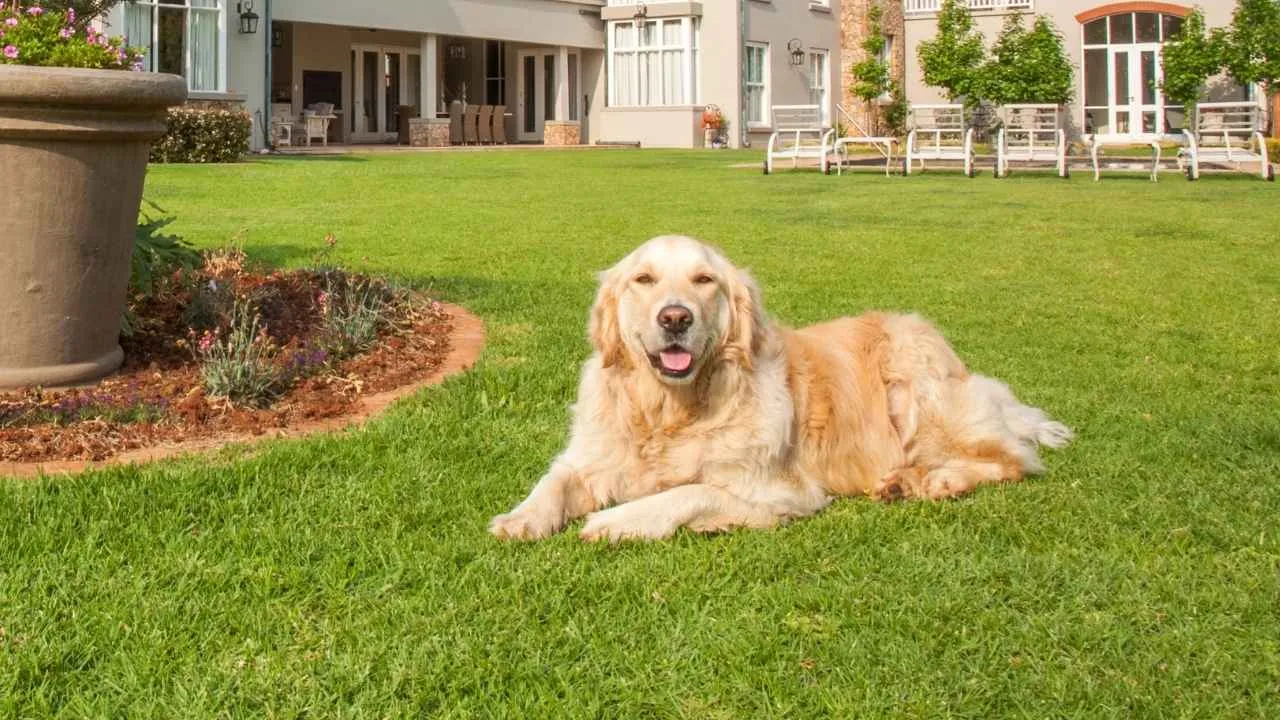
Quick Facts
Size: Large
Weight: 55–75 pounds
Temperament: Friendly, tolerant, emotionally responsive
Golden Retrievers are widely recognized for their friendly and affectionate nature, making them one of the most intuitive and responsive breeds when it comes to human emotions. They thrive on connection and consistently seek physical closeness with their families.
Their background in retrieving tasks helped develop a high degree of attentiveness and emotional reading skills. According to the PDSA, their combination of patience and social instinct makes them excellent family dogs.

They are often considered emotional stabilizers, responding calmly in chaotic environments and offering presence more than excitement. Their behavior adjusts based on tone, posture, and emotional energy in the room.
These dogs excel in settings where routines are steady and affectionate contact is frequent. They engage through eye contact, shared movement, and verbal praise.
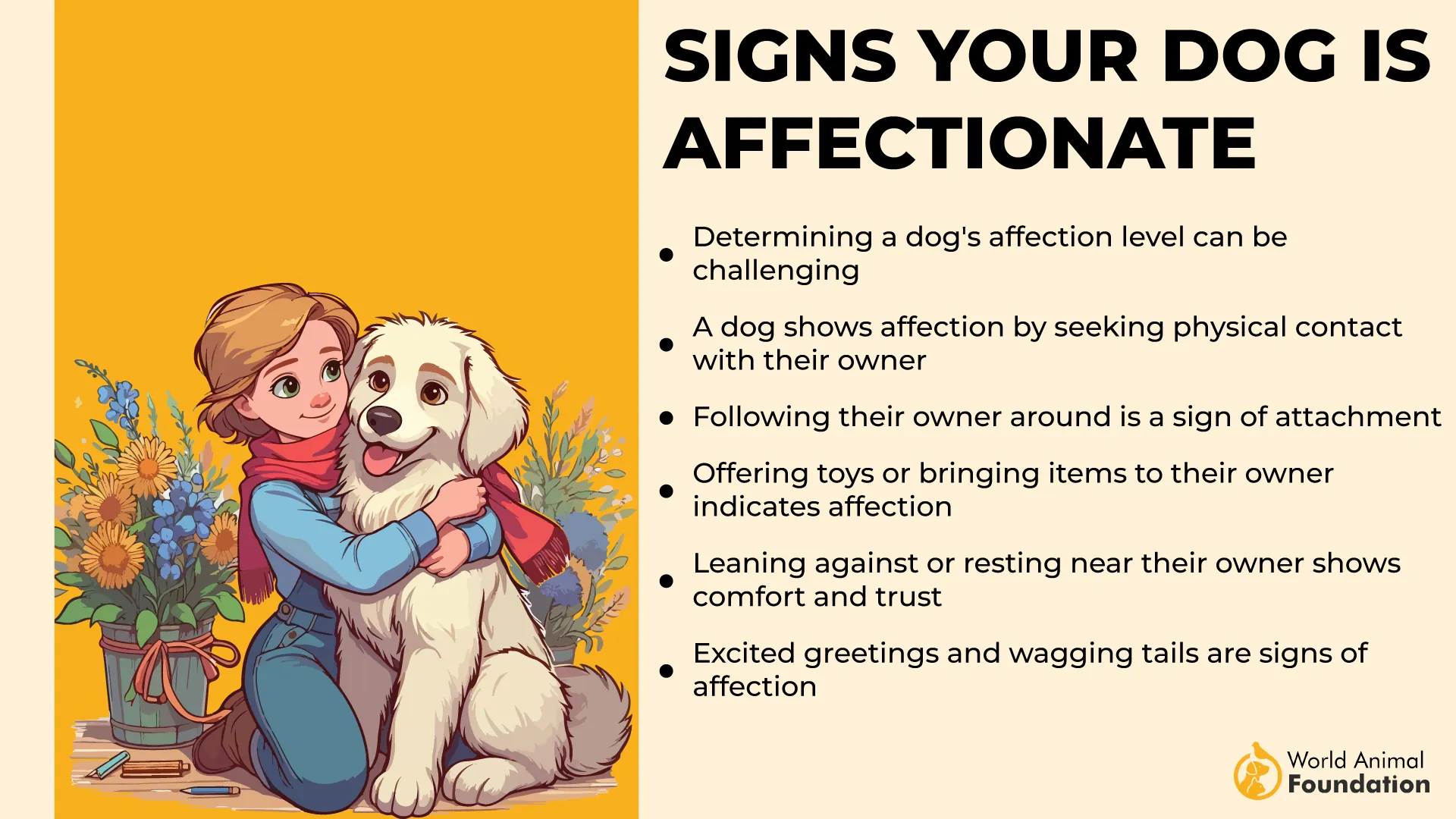
While sociable with strangers, their most meaningful connections come from consistent, long-term human interaction. Their bond is steady, warm, and incredibly easy to maintain.
4. Australian Shepherd
Quick Facts
Size: Medium
Weight: 40–65 pounds
Temperament: Energetic, focused, intelligent
Australian Shepherds are highly observant and build their relationships through shared activity. Their loyalty forms around structure, routine, and a mutual sense of purpose.
They often follow their owners closely and prefer tasks over idle companionship. Their intuitive nature makes them excel in homes where mental engagement is a daily norm.
These dogs are alert to changes in voice, facial expression, and pacing. That remarkable emotional intelligence helps them adapt their behavior in ways that feel personal.
They’re responsive, but not dependent. Affection is expressed through attentiveness and willingness to cooperate, not constant contact.
This breed does best with active individuals who enjoy daily engagement and interaction. They need to feel involved to stay emotionally balanced.
5. Bernese Mountain Dog
Quick Facts
Size: Large
Weight: 70–115 pounds
Temperament: Calm, affectionate, gentle
Bernese Mountain Dogs form a quiet, steady attachment to their families. Their bond develops through daily presence, calm routines, and gentle interaction.
This breed is known for its gentle nature and ability to integrate easily into home life.
They aren’t demanding, but they’re rarely far away. They position themselves close to their people, quietly monitoring activity without needing constant interaction.
Their size and demeanor make them gentle giants, especially around children and seniors. Their protective tendencies are soft, grounded more in presence than intervention.
Ideal environments are predictable and emotionally stable. Loudness and chaos reduce their ability to engage meaningfully.
6. German Shepherd
Quick Facts
Size: Large
Weight: 50–90 pounds
Temperament: Loyal, focused, driven
German Shepherds are deeply bonded to their families and often seek direction through structure and shared activity. They’re not casual companions; they respond best when they’re given purpose and authority to follow. Their connection to humans builds through daily involvement and clearly defined expectations.
This breed’s strong protective instinct is hardwired, making them highly observant and reactive to changes in their surroundings, especially involving their human family members. They monitor tone, movement, and patterns, often adjusting their behavior based on the owner’s emotional state.
Britannica states that German Shepherds are task-focused and value consistency. They express loyalty through action—following commands, positioning themselves between people and perceived threats, or staying close when tension rises.
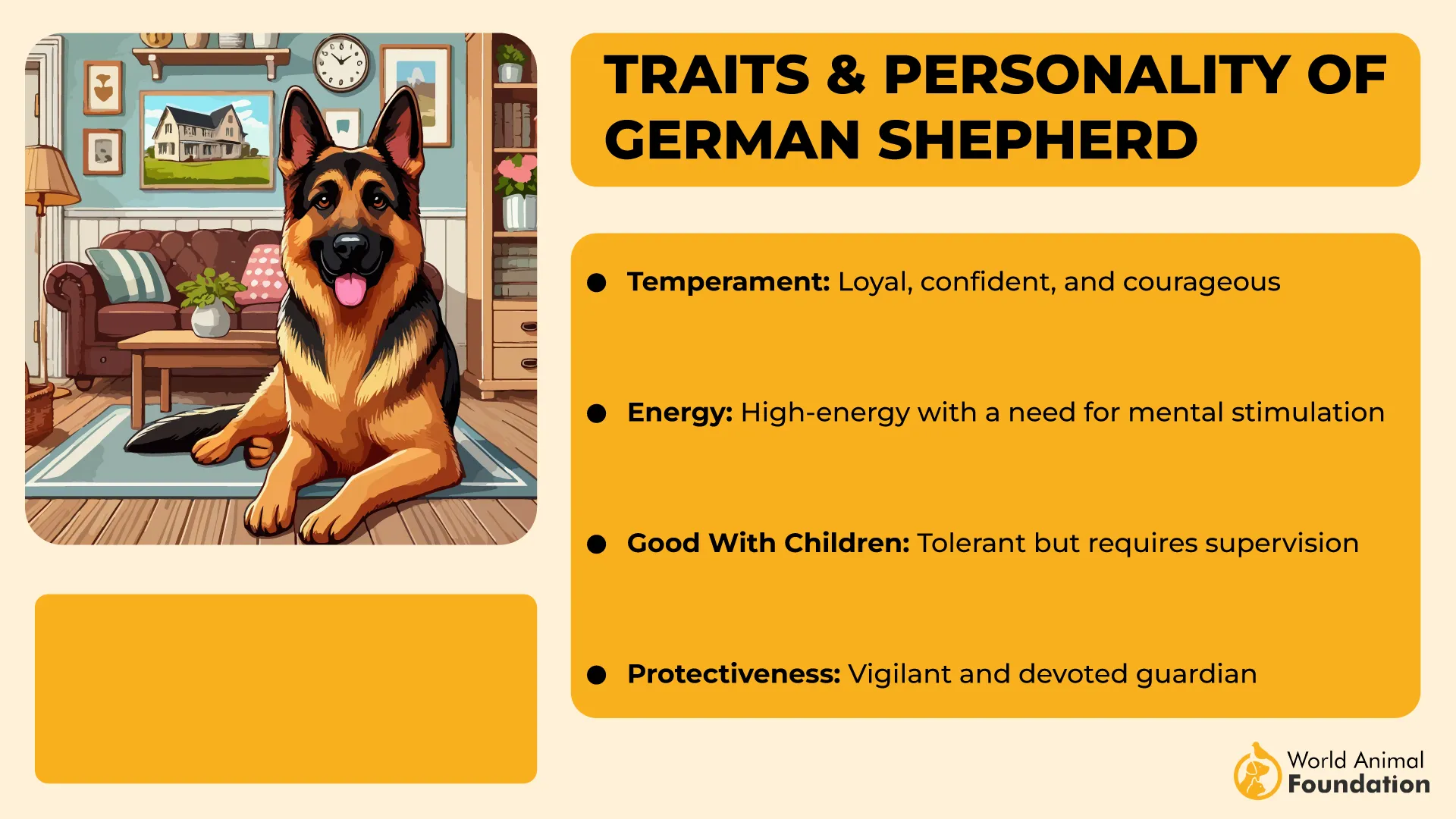
Training isn’t optional for this breed. Their intelligence demands engagement, and their loyalty intensifies when they know their role in the household.
These dogs build deep emotional bonds through service, structure, and sustained contact, not through constant petting or play, but through function and presence.
7. Boxer
Quick Facts
Size: Medium to large
Weight: 50–80 pounds
Temperament: Playful, social, expressive
Boxers build emotional bonds through physical closeness and interactive play. They often lean against people, follow them around the house, or place themselves where they can see everything happening at once. Their devotion is active, and they seek out attention and approval as a regular part of their day.
They’re known for their affectionate and loyal nature, especially when raised in homes that reinforce structure and affection equally. Boxers are especially attuned to the energy and tone of the household.
This breed thrives on rhythm, morning walks, mealtime, and evening play. These routines anchor them emotionally and reinforce their sense of security.
They are expressive with their eyes and posture and tend to react to changes in their owner’s behavior quickly. That sensitivity fuels their emotional connection and helps them adapt to different household dynamics.
Boxers are best for owners who appreciate a companion that is both emotionally reactive and physically engaging. Their bonds are strong and joyful, but require time and attention to maintain.
Conclusion
Some dogs aren’t content being just pets; they’re emotional constants, loyal companions who form deep bonds that often last a lifetime. These breeds stand out not only for their intelligence or trainability, but for their ability to connect deeply with their humans on a daily, intuitive level.
Whether originally bred for work, protection, or companionship, these dogs often become emotional anchors in the home. Their empathetic nature, awareness of their owner’s mood, and ability to provide quiet companionship make them ideal for families seeking more than surface-level connection.
Many of these breeds excel as service dogs or emotional support animals, not simply due to obedience, but because of their incredible ability to recognize need and respond without being asked. Their playful nature and affection are paired with a calm demeanor and a willingness to adjust to life with other pets or busy homes.
For the right pet parents, these breeds become more than companions. They are true family members, affectionate companions whose loyalty, sensitivity, and presence offer something few species can provide: unbreakable bonds rooted in daily life, mutual respect, and lasting love.


